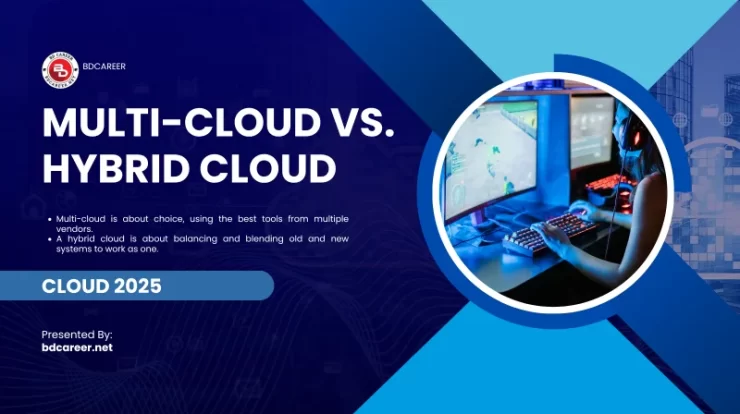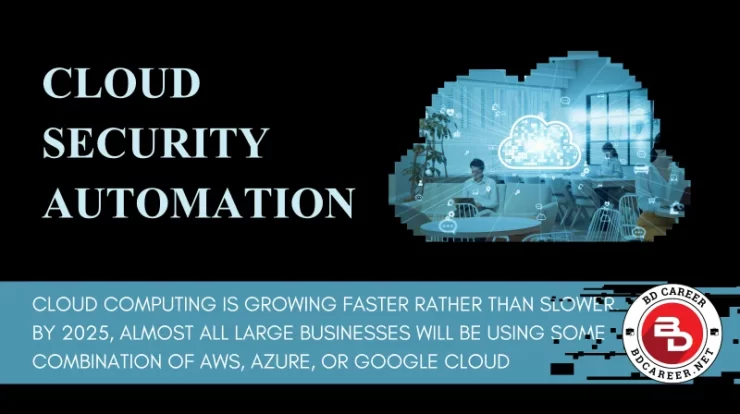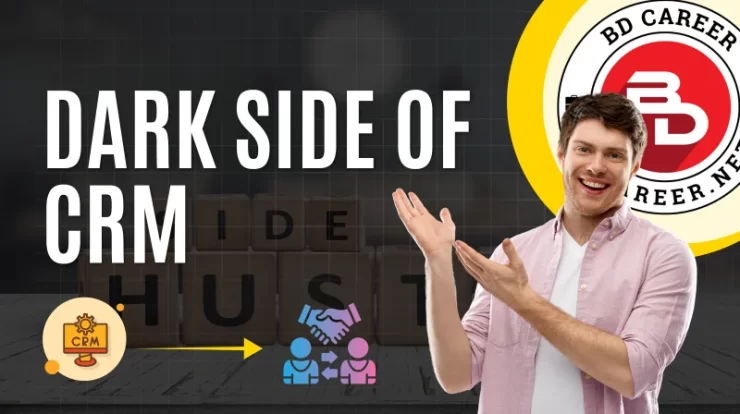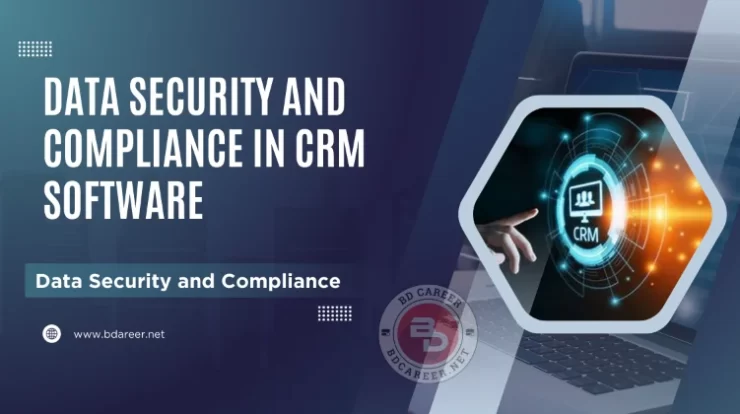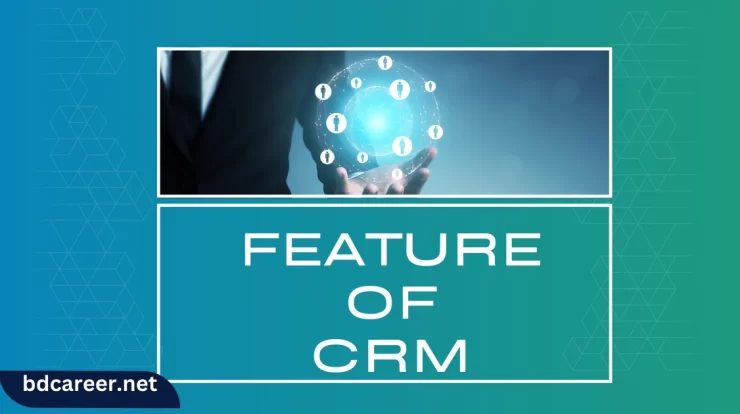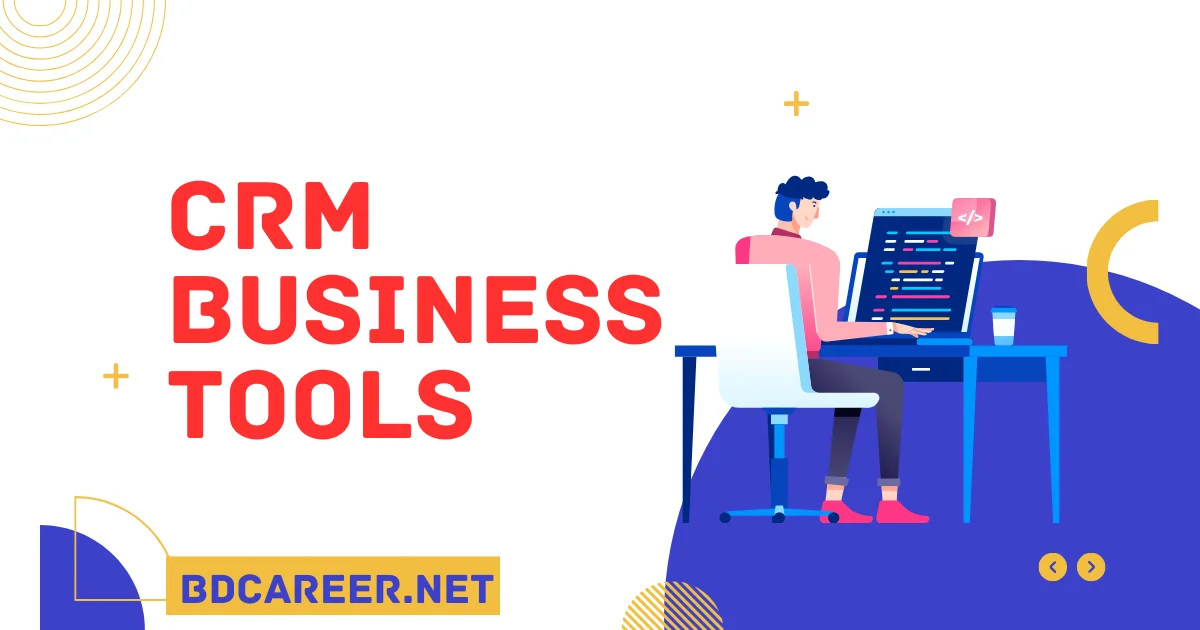
Customer connections are the core of any business; for small enterprises, they can mean the difference between success and failure. With the correct CRM (Customer Relationship Management) platform, you can streamline your processes and scale without creating chaos. Did you know that organizations that use CRM software see a 29% increase in sales productivity? Look at beginner-friendly CRM systems designed for small business owners who value simplicity and results.
Contents
Understanding CRM Systems: A Guide for Small Business Owners
A CRM, or Customer Relationship Management system, is your go-to tool for organizing customer interactions, storing critical data, and managing sales pipelines all in one location. As a small business owner, I can attest to its transforming potential. Before adopting a CRM, I tracked clients using spreadsheets (many of them!), sticky notes, and lengthy email chains. It was a mess.
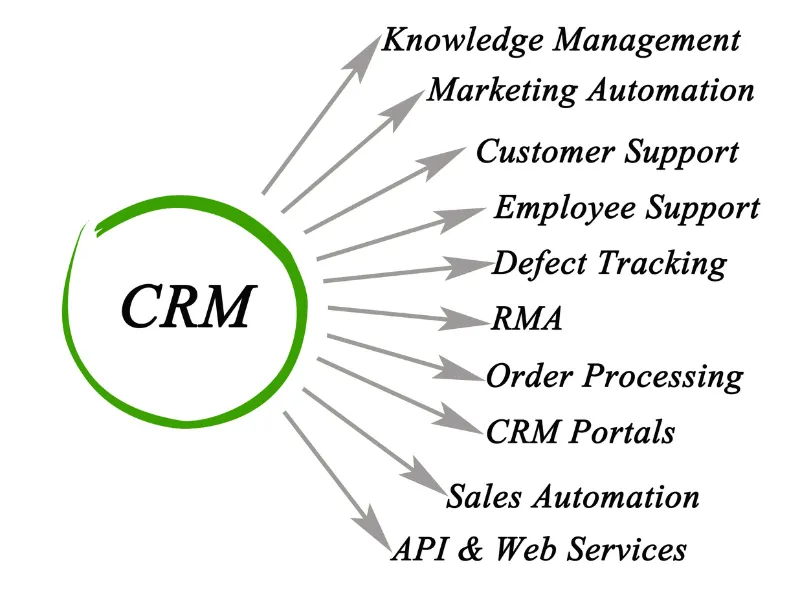
A CRM allows small firms to centralize their client data. Imagine having a single dashboard that tracks each client’s preferences, interactions, and wants. This isn’t just about making things easier; it’s about stepping up your game in ways spreadsheets can’t.
Why do small businesses need CRM tools?
- Centralized Customer Data: CRMs bring everything—emails, call logs, purchase history—into one place. It’s like turning chaos into clarity.
- Enhanced Communication: Teams can collaborate better by knowing exactly where the customer is on their journey. No more awkward double emails!
- Boosted Sales Tracking: A CRM’s analytics can pinpoint bottlenecks, highlight opportunities, and help you close more deals.
Here’s a fascinating stat: CRM adoption among small businesses is on the rise, with over 65% of SMBs planning to invest in CRM tools this year. It’s not just a trend; it’s becoming a necessity.
Key Features to Look for in Beginner-Friendly CRM Tools
When choosing a CRM, especially as a beginner, you don’t want anything overly complex. Trust me, I’ve tried systems that felt like rocket science—big mistake! Beginner-friendly CRMs are all about simplicity without sacrificing functionality.
Here are the must-have features:
1. Easy-to-Use Interface
Look for tools with clean layouts and intuitive navigation. The less time you spend learning, the more time you’ll spend growing.
2. Contact and Lead Management
Managing leads is vital for small businesses. A good CRM should make it easy to track where your leads come from and how they’re converting.
3. Integrations with Popular Tools
Whether it’s Gmail, Outlook, or your favorite social media platform, integration is key. Why juggle five tools when your CRM can bring them together?
4. Scalability and Affordability
As your business grows, so will your needs. Choose a CRM that scales with you, offering both free tiers and affordable upgrades.
5. Mobile Accessibility
Running your business on the go? A mobile-friendly CRM ensures you never miss a beat, whether you’re in the office or on the road.
Take this example: A small retail business I worked with couldn’t keep up with online inquiries. After adopting a CRM with email and social media integrations, they cut their response time in half and saw a 20% jump in sales. The difference was night and day!

Top 7 Beginner-Friendly CRM Tools for Small Businesses
Choosing the right CRM can feel overwhelming. To help, I’ve tested and handpicked seven stellar tools perfect for small business owners:
HubSpot CRM
- Why it shines: HubSpot’s free plan is packed with features—email tracking, lead management, and reporting tools.
- Best for: Small teams who want powerful functionality without the cost.
- Pros/Cons: It’s free and user-friendly but lacks advanced customization options.
Zoho CRM
- Why it shines: Its AI-powered insights and scalable pricing make it a versatile choice.
- Best for: Businesses looking to grow into their CRM.
- Pros/Cons: Affordable but has a steeper learning curve for beginners.
Pipedrive
- Why it shines: A sales-focused CRM with an intuitive pipeline view.
- Best for: Sales-driven businesses that want simplicity and efficiency.
- Pros/Cons: Excellent for sales, but light on marketing tools.
Freshsales
- Why it shines: AI-powered lead scoring and integrated communication tools like email and phone tracking.
- Best for: Teams prioritizing smart lead management.
- Pros/Cons: Great for sales but can be pricey as you scale.
Monday.com CRM
- Why it shines: A visual workflow system that’s perfect for small teams.
- Best for: Teams who love color-coded organization.
- Pros/Cons: Visually appealing but lacks some advanced CRM features.
Salesforce Essentials
- Why it shines: Tailored specifically for small businesses, Salesforce offers robust features like reporting, dashboards, and customer support.
- Best for: Teams that want a full-featured system from a trusted brand.
- Pros/Cons: It’s powerful but comes with a higher price tag.
Nimble
- Why it shines: Affordable, simple, and integrates beautifully with social media platforms.
- Best for: Businesses focused on networking and social connections.
- Pros/Cons: Lacks advanced features, but its ease of use makes up for it.
Comparison Table:
CRM Tool | Best For | Key Features | Price Range | ||
HubSpot CRM | Small teams | Free plan, email tracking | Free | ||
Zoho CRM | Growing businesses | AI insights, scalability | $14-$52/month | ||
Pipedrive | Sales-driven teams | Sales pipelines, mobile app | $14.90/month | ||
Freshsales | Smart lead management | AI lead scoring, email tools |
| ||
Monday.com CRM | Visual organization | Workflow management | $10-$20/month | ||
Salesforce Ess. | Full-feature systems | Comprehensive features | $25/month | ||
Nimble | Social integration | Social CRM, affordability | $24.90/month |
Each of these tools brings something unique to the table. It’s all about matching the right features to your business needs.
How to Choose the Right CRM for Your Small Business
Now that you have your options, how do you choose? It boils down to understanding your needs and priorities.
- Define Your Goals: Are you focused on lead management, customer communication, or reporting?
- Consider Your Budget: Tools like HubSpot offer free plans, while others require an investment.
- Test Before Committing: Most CRMs offer free trials or demos—use them!
- Look for Support: Whether it’s training resources or live support, ensure help is readily available.
For instance, if you’re a solopreneur prioritizing cost and simplicity, HubSpot or Nimble might be your best bet. But if you’re part of a growing team with a bigger budget, Zoho or Salesforce Essentials could be worth exploring.
Why Beginner-Friendly CRMs Are a Game-Changer
To wrap it all up, CRM tools are more than just software—they’re your business’s silent growth partner. By centralizing customer data, boosting productivity, and enabling data-driven decisions, they create the kind of streamlined operations that help businesses thrive.
When I took the leap and started using a CRM, it felt like someone handed me the roadmap I’d been missing. I went from constantly feeling behind to staying two steps ahead. The best part? You don’t need a massive budget or technical expertise to get started. Beginner-friendly CRMs like HubSpot or Nimble make it accessible to everyone.

So, what are you waiting for? Test the waters, explore the options, and find the CRM that fits your business like a glove. A more organized, efficient, and successful version of your business is just around the corner.
Conclusion
A beginner-friendly CRM can transform your small business by streamlining operations, improving customer relationships, and boosting productivity. With options like HubSpot, Zoho, and Salesforce Essentials, there’s a perfect fit for every business size and need. Take advantage of free trials, define your goals, and choose a tool that grows with you. The right CRM isn’t just software—it’s a strategic partner that empowers you to stay organized, scale efficiently, and turn your ambitions into reality. Start your CRM journey today!
FAQ
Do I need technical skills to use a CRM?
Not at all! Most beginner-friendly CRMs are built with simplicity in mind. HubSpot and Nimble are such easy-to-use tools that you’ll feel like a pro quickly. Additionally, many platforms provide lessons and support to aid you.
How much should I budget for a CRM?
CRMs are available in various price ranges, from free plans like HubSpot to paid ones like Salesforce Essentials, which start at $25 per month. It all depends on your requirements. Begin small and progress as you grow.
Can I switch CRMs as my business expands?
Absolutely. Many firms begin with a single CRM and migrate as their needs change. Look for solutions that simplify data export, so the transfer is seamless.
What happens if I only have a tiny consumer base? Do I still need a CRM?
A CRM can have a significant impact even with a small customer base. It keeps you organized and personalizes interactions, critical for increasing loyalty.
